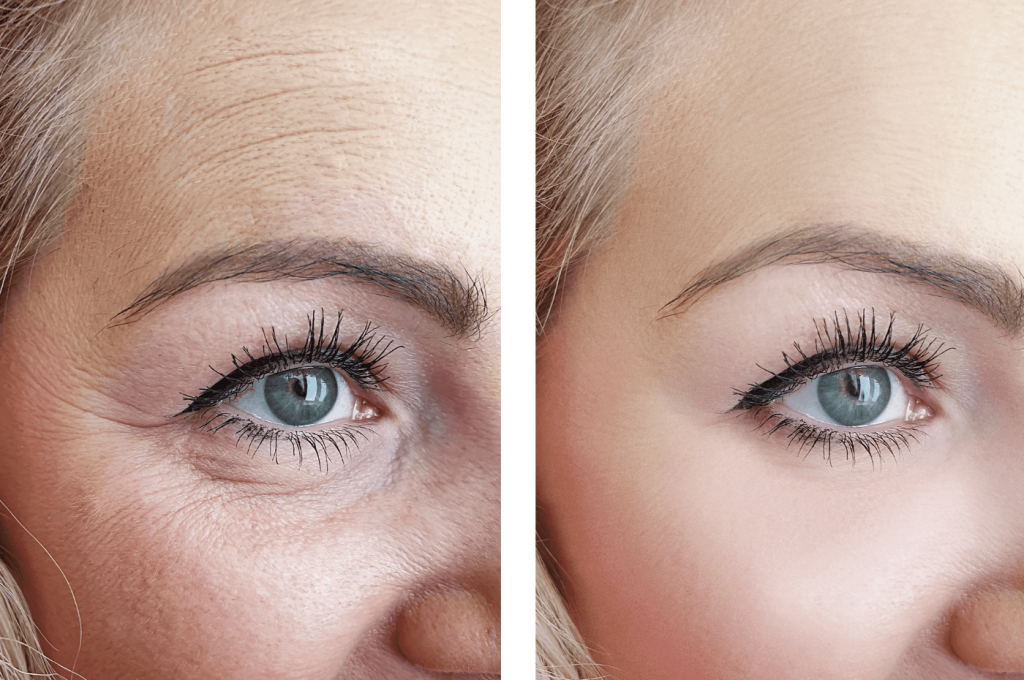Stress, a constant presence in our hectic lives, jeopardizes our health and well-being. With the escalating pressures of contemporary life, the need for effective stress management techniques has never been greater. Stress can lead to everything from minor annoyances to significant health issues. Yet, armed with the right strategies, we can tackle stress and boost our overall health. Perfectly Made Aesthetics Boutique is a sanctuary for those searching for distinctive wellness solutions. This article explores various tested methods to help individuals confront stress and become more robust and balanced.
Understanding Stress
We frequently hear stress, but do we truly understand its depth and implications? Let’s break it down.
- What is Stress? Stress is the body’s natural response to challenges or threats. It’s not always negative; sometimes, it can motivate us to perform under pressure.
- The Two Types of Stress:
- Eustress: This is the ‘good’ stress. It can motivate us, improve performance, and stimulate growth. Think of the excitement before a big event or the adrenaline rush during a workout.
- Distress: This is the ‘bad’ stress. Chronic or excessive pain can harm our health, both mentally and physically.
2. Physiological Effects of Stress: Stress triggers hormones like cortisol and adrenaline, causing physical symptoms such as a faster heartbeat, rapid breathing, tense muscles, and higher blood pressure.
3. Psychological Effects of Stress: Chronic stress can lead to mental health disorders and cloud our judgment, making decision-making more difficult. It can also cause feelings of frustration, anger, nervousness, and depression.
4. Factors Leading to Stress
- Certain personal factors, such as health issues, relationship problems, or financial troubles, can impact our lives.
- Noise, overcrowding, and pollution can negatively affect our health and well-being.
- Some occupational factors that can negatively affect employees include job insecurity, long working hours, and an excessive workload.
- Life can be unpredictable, and we may encounter unexpected events such as accidents, losing a loved one, or natural disasters.
5. The Importance of Recognizing Stress: Identifying the signs of stress can prevent potential health complications. Recognizing stress allows us to take proactive steps in managing or reducing it.
Physical Techniques for Stress Reduction
Stress might start in the mind, but its effects ripple through the body. Fortunately, physical activities can be powerful tools in our stress-relief arsenal. Let’s dive into some of the most effective techniques.
- Exercise Regularly: Physical activity releases endorphins, the body’s natural painkillers and mood elevators. Whether it’s a brisk walk, a jog, or a dance class, find an activity you enjoy and make it a routine.
- Deep Breathing Exercises: Taking deep, controlled breaths can instantly calm the mind and body. Techniques like diaphragmatic breathing or the 4-7-8 method can be particularly effective.
- Prioritize Sleep: A regular sleep schedule, a calming bedtime routine, and a conducive sleeping environment rejuvenate the mind and the body.
- Progressive Muscle Relaxation: This technique involves tensing and relaxing each muscle group. It can help release physical tension and is a great way to become more aware of bodily sensations.
- Take Regular Breaks: If you’re working or studying for long periods, stand up, stretch, or take a short walk every hour. These breaks can refresh you and prevent the build-up of stress.
- Engage in Leisure Activities: Playing a musical instrument, gardening, or painting can be therapeutic hobbies. They provide a break from routine and offer a sense of accomplishment.
- Limit Caffeine and Sugar: While they might give a quick energy boost, excessive caffeine and sugar can increase stress and lead to later energy crashes. Opt for balanced meals and consider herbal teas as an alternative to caffeinated beverages.
Mental and Emotional Techniques for Stress Reduction
While physical techniques are crucial in managing stress, mental and emotional strategies are equally vital. Here’s a deep dive into methods to help soothe the mind and uplift the spirit.
- Practice Mindfulness and Grounding: Mindfulness involves staying present and fully engaging with the here and now. Grounding exercises, like the “5-4-3-2-1” technique, can help anchor you during overwhelming moments.
- Adopt Positive Self-talk and Affirmations: Replace negative thoughts with constructive ones. Daily affirmations can rewire the brain to foster a more positive outlook.
- Journal Regularly: Writing down your feelings can provide clarity and emotional release. Reflecting on your entries can also help identify stress triggers.
- Set Boundaries: Learn to say “no” and prioritize your well-being. Establishing clear boundaries can prevent overcommitment and reduce feelings of resentment.
- Listen to Music or Engage in Art Therapy: Music can elevate mood and provide an emotional outlet. Art therapy, whether drawing, painting, or crafting, can be a therapeutic way to express feelings.
- Connect with Nature: Spending time outdoors can reduce mental fatigue and improve mood. Activities like hiking, gardening, or walking in the park can rejuvenate.
- Practice Gratitude: Focusing on positives and reflecting on daily blessings can enhance happiness.
Lifestyle Changes for Stress Management
The most profound changes in the journey to combat stress sometimes come from adjusting our daily habits and lifestyle.
- Master Time Management: Prioritize tasks and break them into manageable chunks. Use calendars, to-do lists, and apps to stay organized and avoid last-minute rushes.
- Adopt a Balanced Diet: Eat nutrient-rich foods that boost brain health and energy levels. Limit processed foods, excessive caffeine, and sugar to avoid energy crashes and mood swings.
- Limit Stimulants and Alcohol: While they might offer temporary relief, overconsumption can increase stress and disrupt sleep. Opt for moderation and seek healthier coping mechanisms.
- Establish a Routine: A consistent daily routine provides structure and predictability. Ensure it includes activities that promote relaxation and self-care.
- Declutter Your Environment: A tidy space can lead to a clearer mind. Regularly organize your living and working spaces to reduce feelings of chaos.
- Limit Screen Time: Excessive screen exposure can strain the eyes and increase mental fatigue. Set specific times for digital detox, especially before bedtime, to improve sleep quality.
- Engage in Social Activities: Human connection can reduce feelings of isolation and boost mood. Join clubs, attend workshops, or spend quality time with loved ones.
- Prioritize Self-care: Dedicate time to activities that rejuvenate your mind and body. It could be reading, baths, or any activity that brings joy and relaxation.
Consult a Professional
Integrating these lifestyle changes can create an environment that naturally combats stress. Remember, the journey to a stress-free life is ongoing, but a balanced and fulfilling life is achievable with commitment and awareness. Consulting with a professional wellness practitioner will provide clarity and guide individuals toward the best stress management option.
Takeaway
In our fast-paced world, managing stress effectively is not just a luxury—it’s a necessity for maintaining overall wellness. Perfectly Made Aesthetics Boutique offers a sanctuary in which to explore various techniques and treatments tailored to your unique needs. Our holistic approach ensures you feel rejuvenated, balanced, and empowered to face life’s challenges. Don’t let stress dictate your life’s rhythm. Take the first step towards a more harmonious you. Contact us today or book an appointment to discover the transformative experiences we have in store for you.







